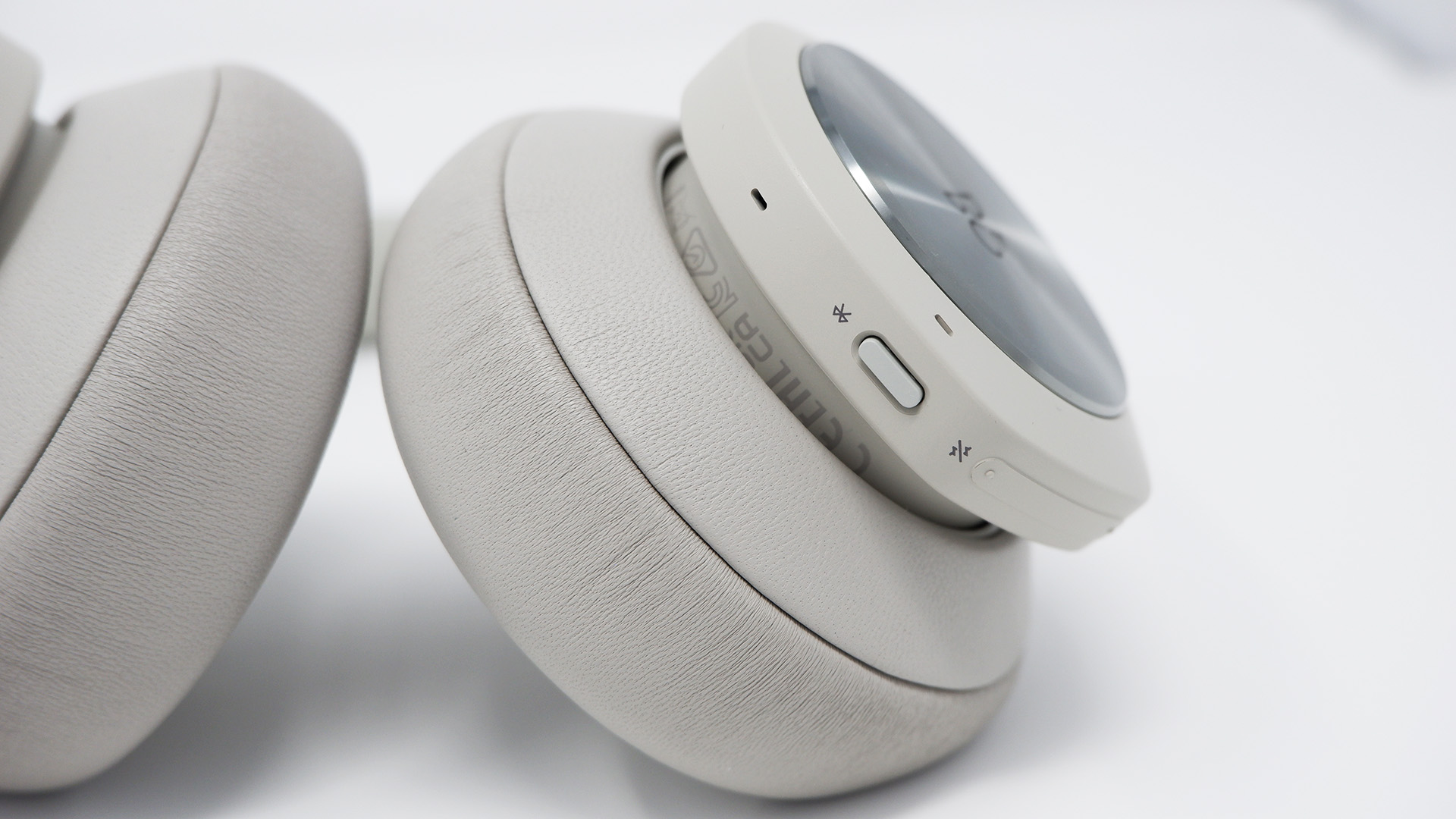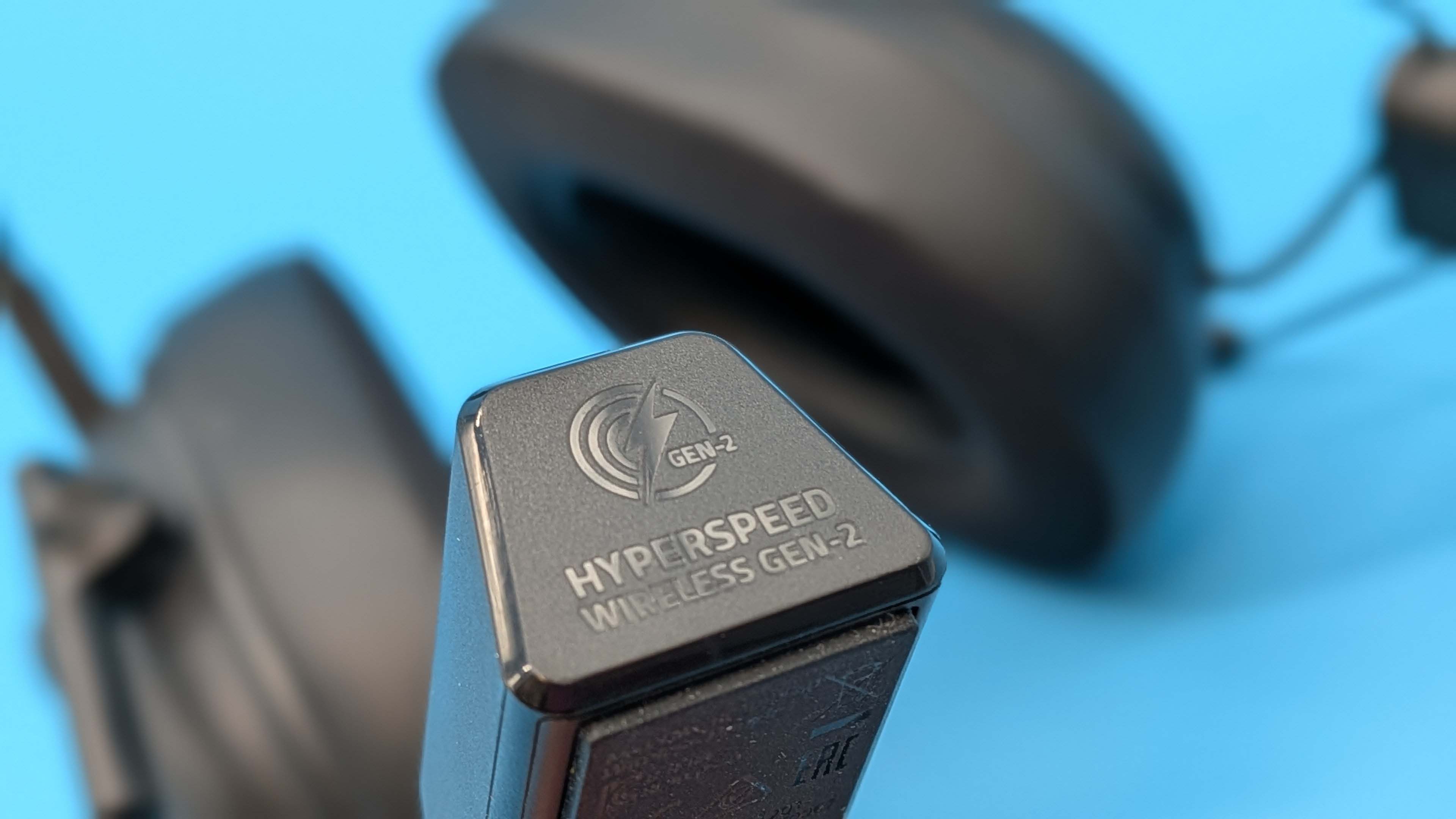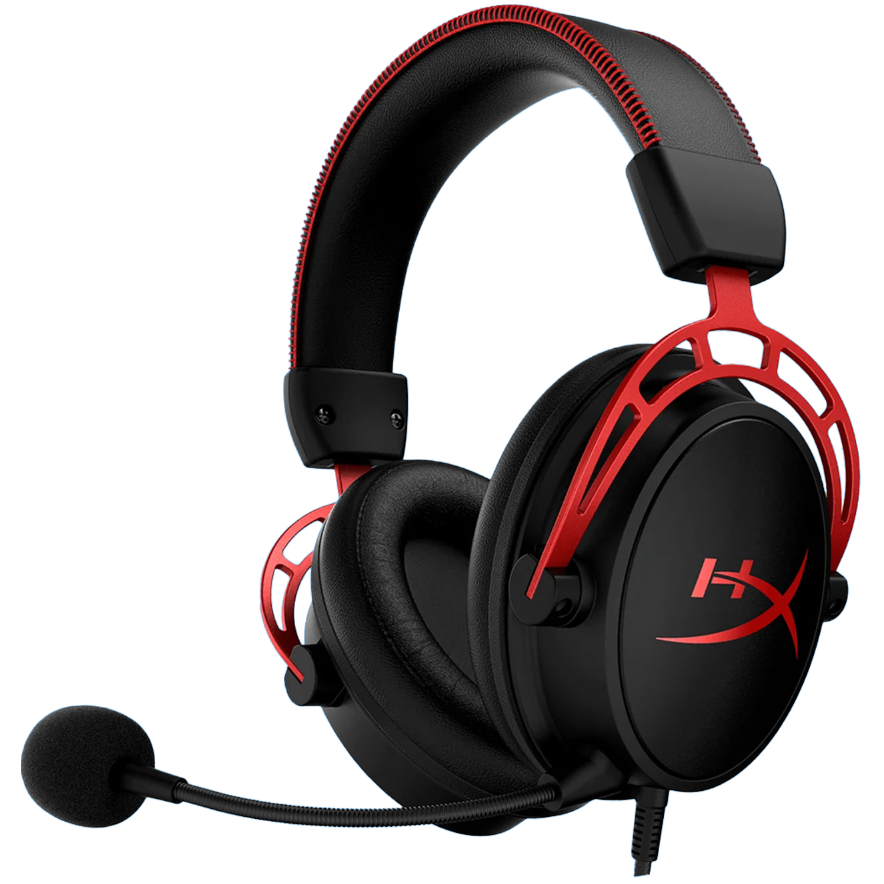Microsoft adds full stereo Bluetooth LE Audio for gaming to Windows 11 because mono with mics is so last century
Redmond's gettin' with the times.

Keep up to date with the most important stories and the best deals, as picked by the PC Gamer team.
You are now subscribed
Your newsletter sign-up was successful
Want to add more newsletters?

Every Friday
GamesRadar+
Your weekly update on everything you could ever want to know about the games you already love, games we know you're going to love in the near future, and tales from the communities that surround them.

Every Thursday
GTA 6 O'clock
Our special GTA 6 newsletter, with breaking news, insider info, and rumor analysis from the award-winning GTA 6 O'clock experts.

Every Friday
Knowledge
From the creators of Edge: A weekly videogame industry newsletter with analysis from expert writers, guidance from professionals, and insight into what's on the horizon.

Every Thursday
The Setup
Hardware nerds unite, sign up to our free tech newsletter for a weekly digest of the hottest new tech, the latest gadgets on the test bench, and much more.

Every Wednesday
Switch 2 Spotlight
Sign up to our new Switch 2 newsletter, where we bring you the latest talking points on Nintendo's new console each week, bring you up to date on the news, and recommend what games to play.

Every Saturday
The Watchlist
Subscribe for a weekly digest of the movie and TV news that matters, direct to your inbox. From first-look trailers, interviews, reviews and explainers, we've got you covered.

Once a month
SFX
Get sneak previews, exclusive competitions and details of special events each month!
Bluetooth, a short-range wireless communication system, has been around for so long that we expect every PC and accompanying peripheral to support it without fuss or bother. However, for transmitting multiple audio channels simultaneously, it's not been so great, making it a poor choice for gamers wanting to chat mid-battle. Well, Microsoft has finally done something about that, and Windows 11 now properly supports super wideband audio in stereo, even when using a mic at the same time.
If you're wondering what on Earth any of that means, Microsoft explains it rather nicely in a blog about the Bluetooth LE Audio update. Before we dig into that, let's start with a quick scenario where you have a wireless gaming headset paired with a gaming laptop, via Bluetooth.
You're playing a round of Battlefield 6, using spatial sound effects to keep track of your opponents around you. Suddenly, you spot a problem and yell an instruction to your friends. All of a sudden, you lose the spatial effect, and the sounds go really muddy.
It's not the game or your hardware that's the problem: it's Windows. Up until now, Microsoft's operating system couldn't handle so-called super wideband audio (32 kHz sampling rate) in stereo, while simultaneously transmitting the microphone channel. The best it could do is drop the audio stream into mono mode, which instantly removes any spatial/surround sound effects.
You can see why Microsoft is rather pleased with its Windows update, because all that mono madness is now a thing of the past. Yes, we are in the year 2025, and yes, stereo has been a thing for…well…longer than PCs have been around. However, Bluetooth LE Audio is only five years old, so Microsoft can perhaps be forgiven for only being a little bit late to the party.

Personally, I never use Bluetooth on my gaming PC, as my Audeze Maxwell headset comes with a little 2.4 GHz dongle that has no problems dealing with stereo audio streams with spatial effects when using the microphone at the same time. But I'm sure there are plenty of gamers out there who do use Bluetooth, so this Windows update will be music to their ears.
Of course, there are a couple of caveats. First of all, you only get the super-duper wideband stereo audio in Windows 11 24H2, so if you're still on Windows 10 or haven't updated your Windows 11 installation, you'll probably want to avoid using Bluetooth (or just don't talk in games).
Keep up to date with the most important stories and the best deals, as picked by the PC Gamer team.
Secondly, your PC and headset will need to support the latest Bluetooth LE Audio specification. Thirdly, even if the hardware does, the drivers for it all might not, so you'll need to check with the manufacturer for a relevant software or firmware update. Microsoft has a short guide on how to check if your headset supports LE Audio when connected via BT.
Windows is planned to get even better Bluetooth audio support, with future updates bringing higher sampling rates ('CD-quality') and as long as it all works smoothly, I'm all for better quality sound in games. Ray-traced photorealistic graphics grab all the headlines, but they're all for nought if the game sounds like a lone dry pea rattling around a tin can.

1. Best overall:
HyperX Cloud Alpha
2. Best budget:
Corsair HS55 Stereo
3. Best wireless:
Razer BlackShark V3
4. Best mid-range wireless:
Turtle Beach Stealth 600 Gen 3
5. Best audiophile:
Beyerdynamic MMX 330 Pro
6. Best wireless audiophile:
Audeze Maxwell
7. Best for streaming:
Audio-Technica ATH-M50xSTS StreamSet
8. Best noise-cancelling:
AceZone A-Spire
9. Best earbuds:
Steelseries Arctis GameBuds

Nick, gaming, and computers all first met in the early 1980s. After leaving university, he became a physics and IT teacher and started writing about tech in the late 1990s. That resulted in him working with MadOnion to write the help files for 3DMark and PCMark. After a short stint working at Beyond3D.com, Nick joined Futuremark (MadOnion rebranded) full-time, as editor-in-chief for its PC gaming section, YouGamers. After the site shutdown, he became an engineering and computing lecturer for many years, but missed the writing bug. Cue four years at TechSpot.com covering everything and anything to do with tech and PCs. He freely admits to being far too obsessed with GPUs and open-world grindy RPGs, but who isn't these days?
You must confirm your public display name before commenting
Please logout and then login again, you will then be prompted to enter your display name.

